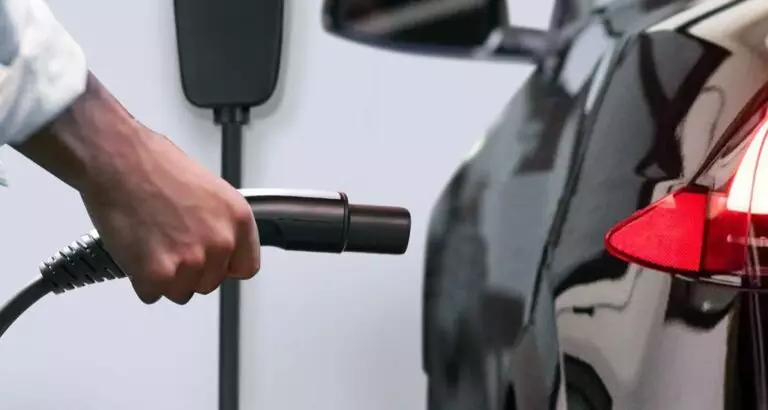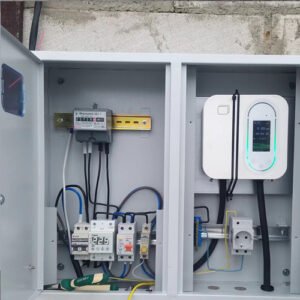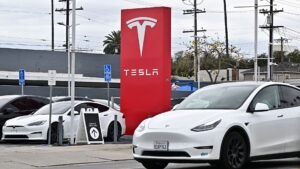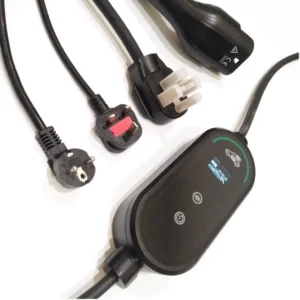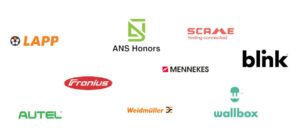About slow EV charging
The output power of a slow electric car charger is controlled below 3.6kw, which is the preferred method of many home electric car chargers. Its configuration is also simple, uses a Type 1 EV charger (also called a Level 1 charger) and can be powered by a single-phase power supply, making it easy to install and inexpensive.
Is slow charging better for your EV battery?
With current technology, it is true that slow charging is better for your EV battery. As a matter of fact, in our daily life, whether it is charging a cell phone or reading or writing to a disk, slow charging always has the least impact on the battery and the disk. The biggest nuisance is that its speed does make people very distressed.
I believe that with the development of battery technology, we can continue to improve and solve the problem of fast charging on the battery loss of electric vehicles, so that we can use fast charging with peace of mind, and get rid of the slow charging to bring distress.
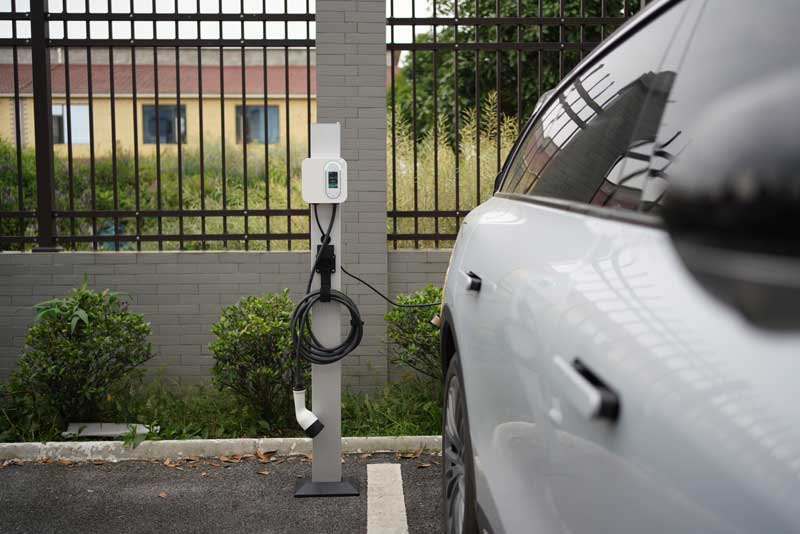
About fast EV Charging
When the power output per hour is more than 3.6kw, it belongs to fast charging. Therefore, 7kw, 11kw, and 22kw are considered fast charging, using a Type 2 EV charger(also called a Level 2 charger). Currently, 7kw and 11kw are the more common types of home charging stations, while 22kw is mostly used in industrial parks or public charging stations.
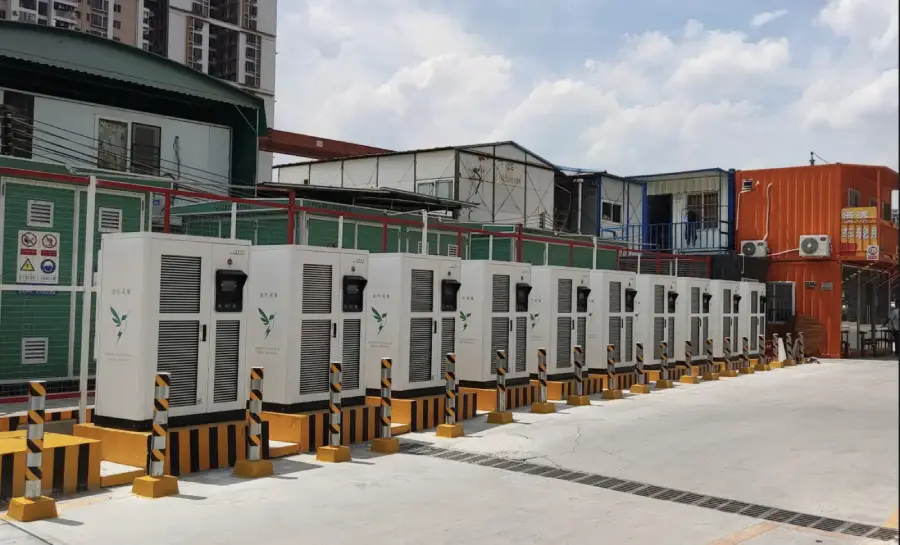
Slow vs fast ev charging: the difference
Charging time
Assuming an EV supports both slow and fast charging, slow charging always takes more time to charge the EV. Because fast charging has many kinds of charging stations with high power output, some professional charging stations can output 22kw power at one time, and some even reach up to 75kw power output.
That is to say, if your car is 45KW and supports this kind of super fast charging, it can be fully charged in less than 40 minutes, which is very useful for temporary emergencies and long-distance traveling. This is useful for emergencies and long journeys, whereas a 3.3kW slow charger would take at least 12 hours to fully charge the car under the same circumstances.
Current type
Slow charging uses alternating current (AC), which needs to be converted into direct current for storage with the help of an in-car converter. Fast charging uses high power direct current (DC), with outputs ranging from 7 kW to 22 kW and even 75 kW.
Equipment Costs
Slow charging equipment is simpler to build and therefore less expensive, whereas fast charging is much more costly due to the higher power output and the need to consider a variety of complex factors such as safety, environmental friendliness, and the load capacity of the wires.
Impact on Electric Vehicle Batteries
Fast charging tends to accelerate the aging of EV batteries and shorten their service life. Although slow charging also has a certain impact on the battery, the damage is relatively much less. In addition, some articles on the Internet say that “fast charging is not bad for your battery”.
However, in reality, as of now, no EV battery supplier has yet to say that their batteries depletion under long-term and continuous fast charging is comparable to that of slow charging.
Application Scenarios
Slow charging is less expensive to install and build, making it more suitable for home use, while fast charging is more demanding and expensive to build, making it more suitable for public use.
Slow Charging vs Fast Charging: how to choose?
To summarize, slow charging is more common and cheaper to install, with the only drawback being that it takes longer to charge; fast charging, although faster and shorter, cannot be installed in the average home, and it also affects the battery of the EV, making it more suitable for long-distance trips, as well as rescue work.

